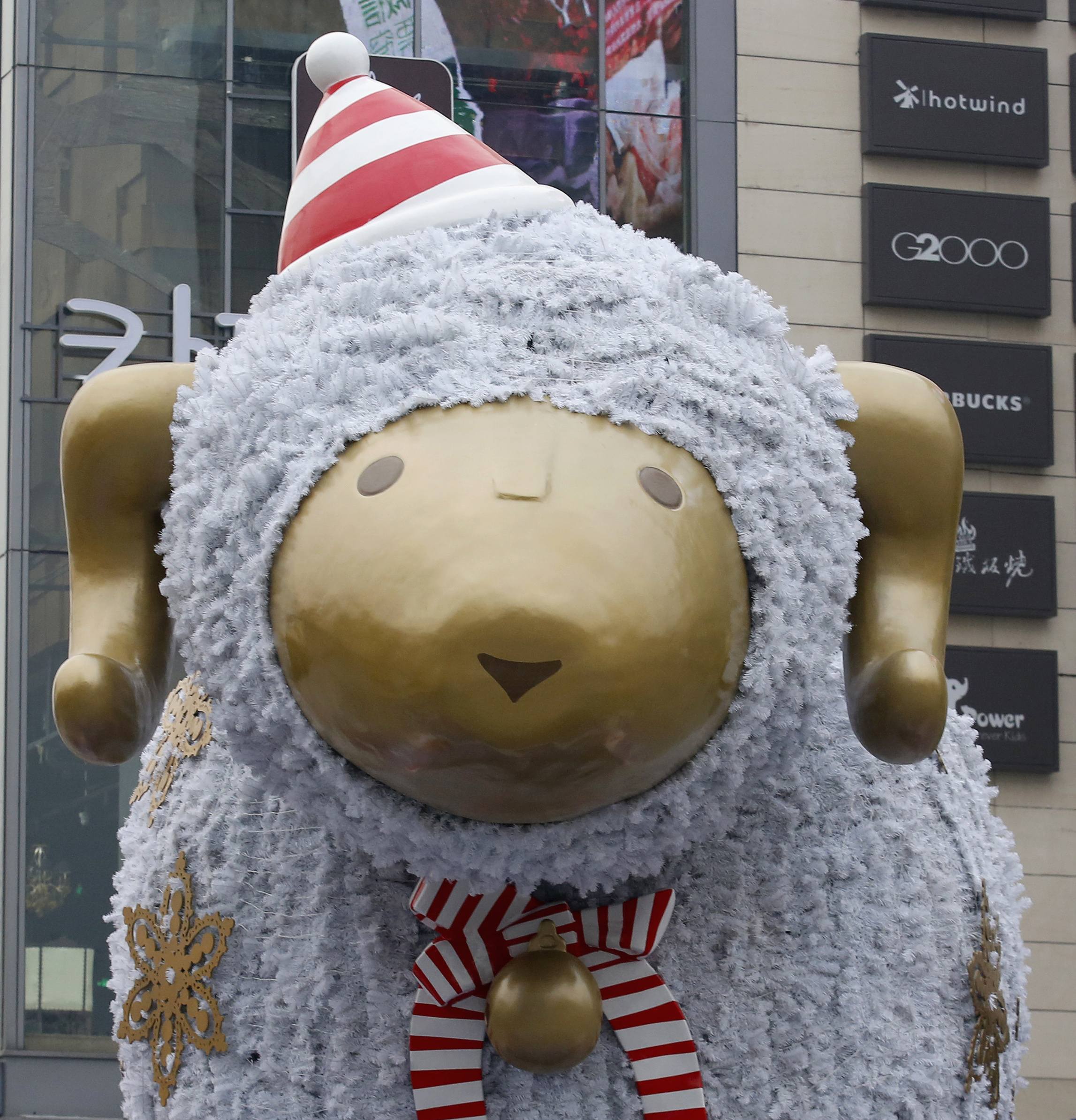Christmas in China, with saxophones, Smurfs and steam trains
Christmas - once banned in China - has exploded in the atheist nation in recent years, with marketeers using everything from saxophones and Smurfs to steam trains to get shoppers to open their wallets. Anyone walking into a shopping mall is welcomed by an orgy of festive cheer: shop windows are bedecked with plastic Christmas trees, garlands and baubles, while the strains of “Jingle Bells” fill the air. This Christmas craze is mainly limited to young urbanites from the middle or upper classes who have money to spend.
At shopping malls, Santa has become a promotional tool for pushing Christmas sales - and Chinese like to shop.
Sara Jane Ho, founder of a finishing school popular among Beijing’s wealthy
Many Chinese who study abroad bring back Christmas ‘traditions’ to share with their family, though they aren’t necessarily religious or even traditional. Anything seen as ‘Western’ is used to evoke Christmas: teddy bears, the Seven Dwarves, fairground carousels, a saxophone or even steam trains. Last year, a shopping mall in Shanxi province featured a giant Father Christmas, the edge of his jacket lifted as if caught by a gust of breeze in emulation of the iconic image of Marilyn Monroe. Christmas has gathered momentum in China since 2010, when then vice president Xi Jinping - now the country’s head of state - popped into Father Christmas’s cabin during a visit to Finland. But not everyone in China welcomes it.
After more than 100 years during which the Chinese have subverted the course of their own history, violently condemned their own culture and denounced their own traditions, Chinese culture, especially Confucianism, has officially disappeared and completely sunk.
Paper written by group of Chinese PhD students, published by the Taiwan-based Ricci Institute

China christmas Asia-Pacific